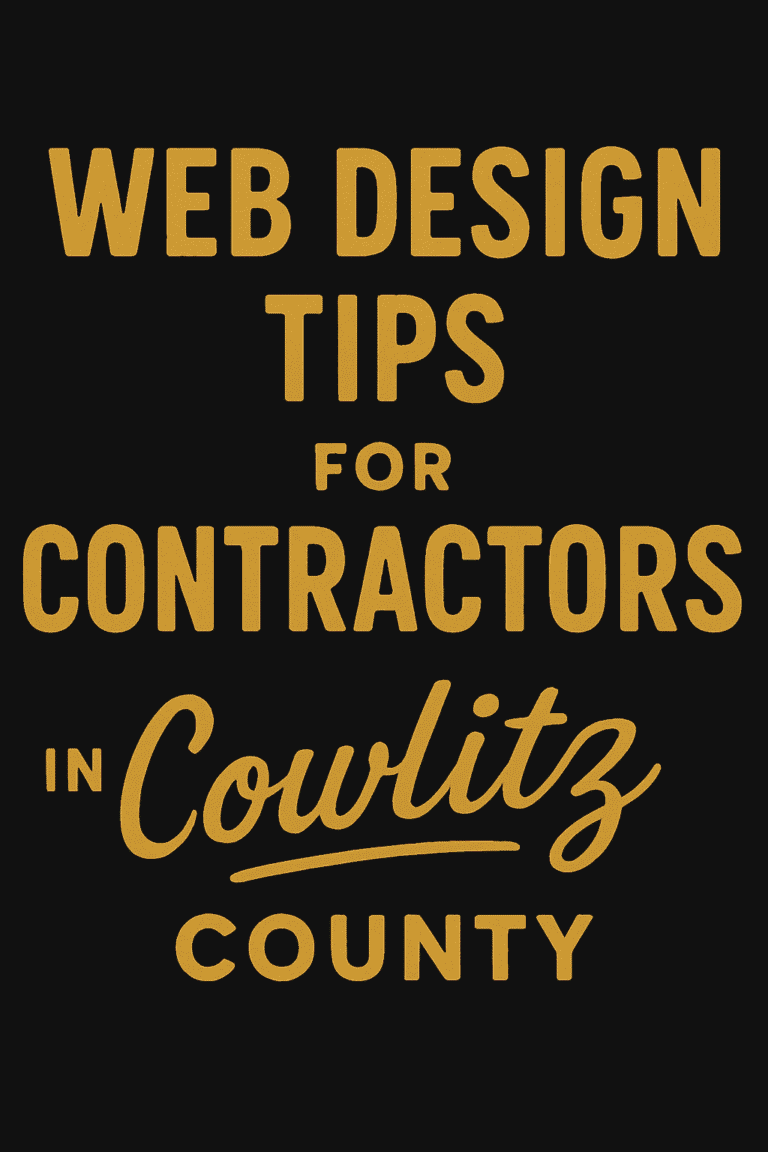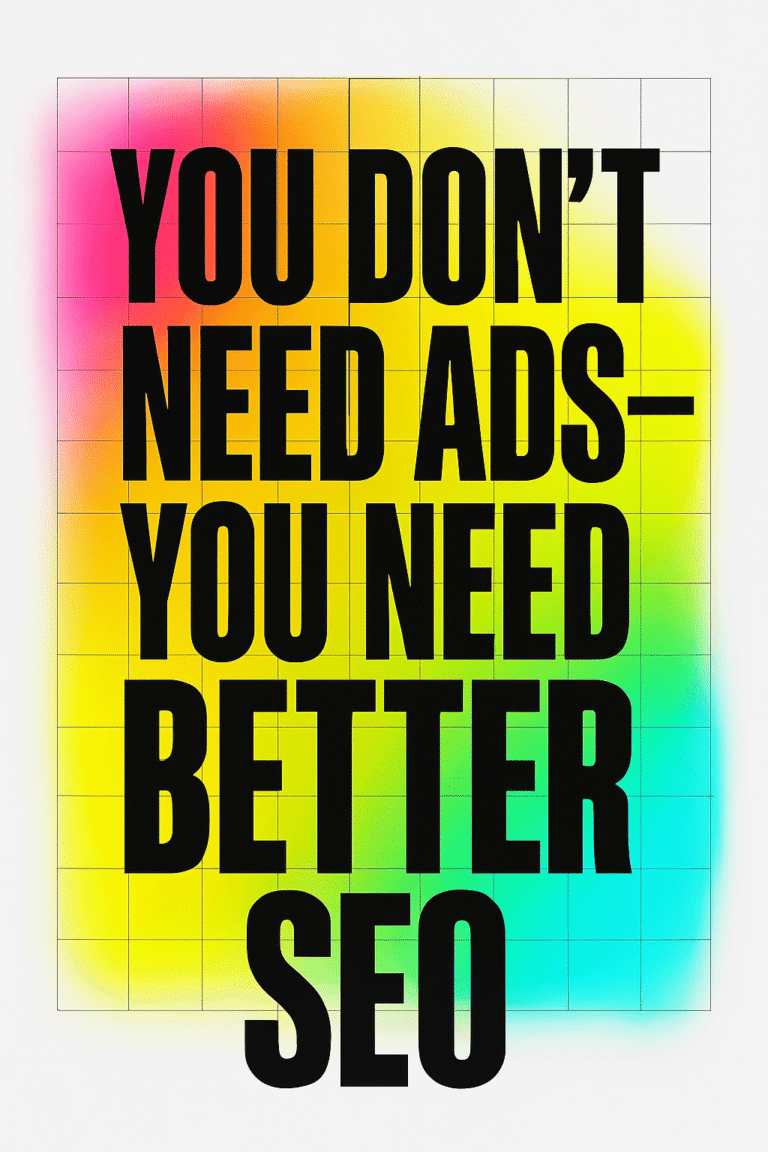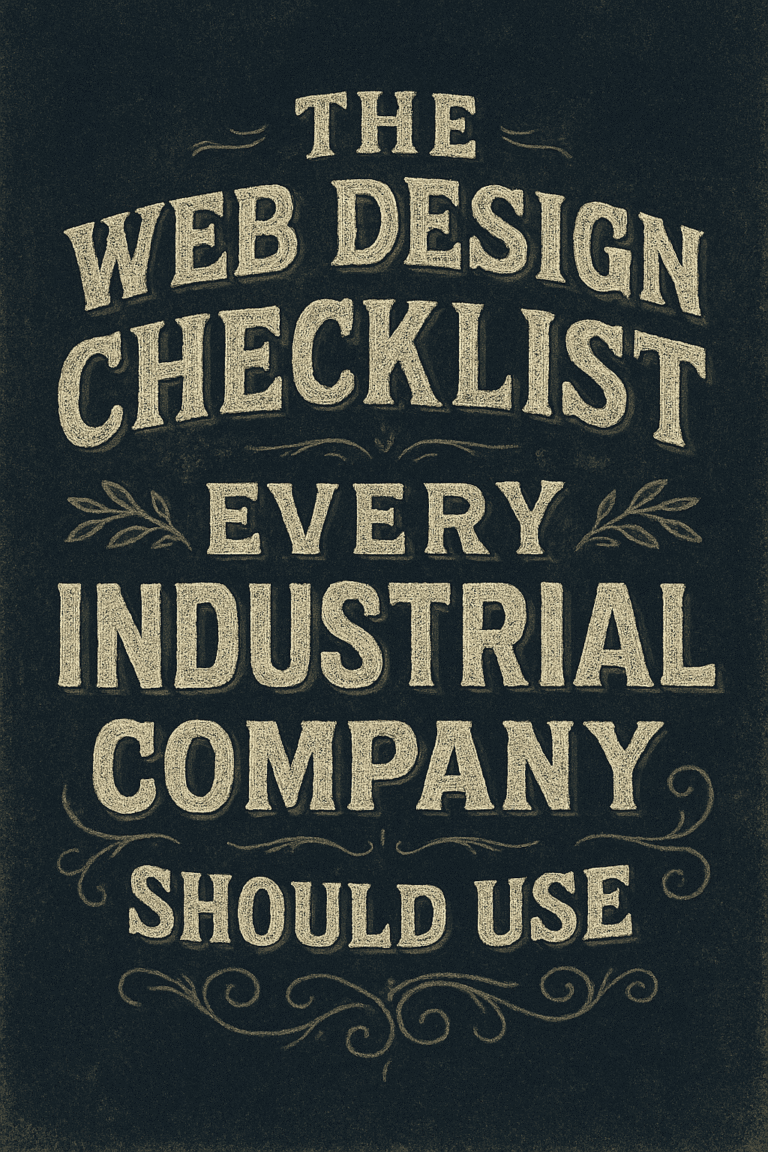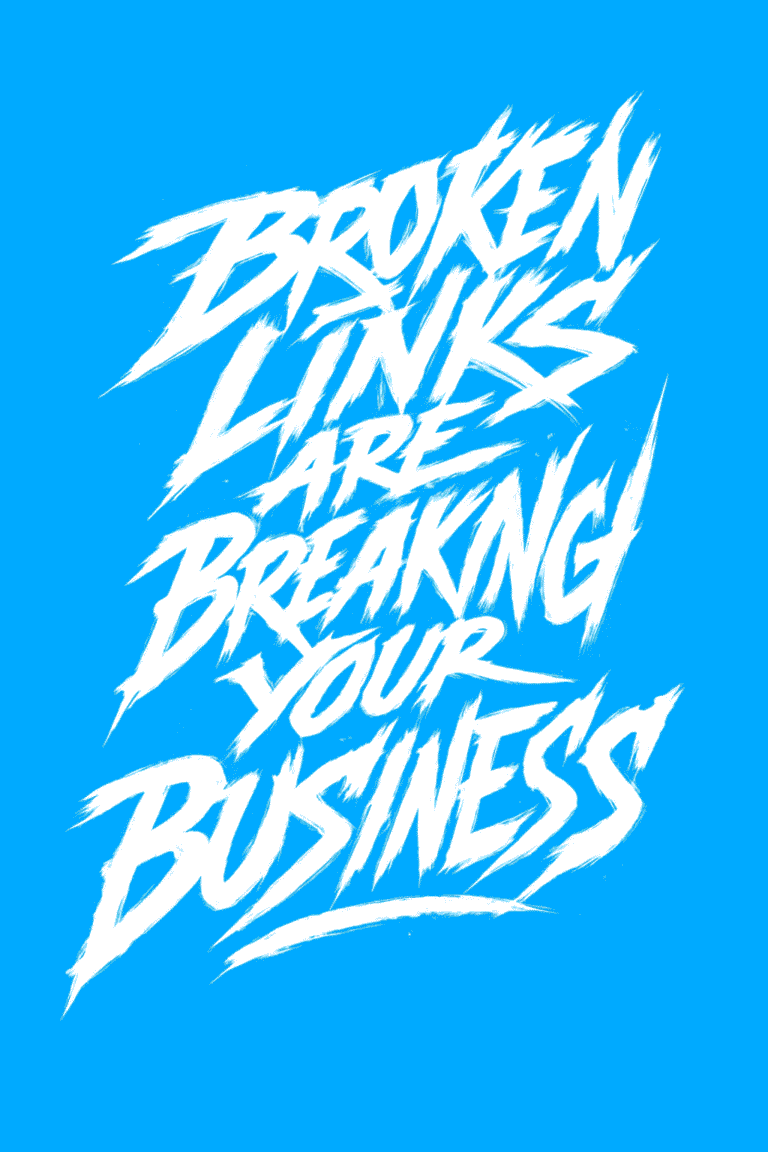
It’s no secret that website speed matters. In fact, website speed is one of the most important factors in determining your website’s ranking on search engines. A slow website not only frustrates visitors, but can also hurt your business’ bottom line. In this blog post, we will discuss how to make your website faster and improve your user experience.
Why the speed of your website matters:
Your website’s speed is important for several reasons. First, website speed is a ranking factor on search engines. This means that if your website is slow, it will likely rank lower on search results pages. Second, website speed impacts your conversion rate. There have been studies showing a one-second delay in website loading time can result in a seven percent decrease in conversion rate. In other words, if your website takes too long to load, you’re likely losing out on potential customers. Finally, website speed affects your bounce rate. A high bounce rate means that people are leaving your website after only viewing one page. This is often due to a slow website. Not only does a high bounce rate hurt your business, but it also hurts your website’s ranking on search engines.
How a slow website can hurt your business:
As we mentioned before, a slow website can hurt your business in several ways. First, it can impact your website’s ranking on search engines. Second, it can decrease your conversion rate. Third, it can increase your bounce rate. All of these factors can lead to less traffic and fewer customers for your business.
What is a good website loading time?
A good website loading time is two seconds or less. Anything above two seconds is considered slow. In fact, a one-second delay in website loading time can result in a seven percent decrease in conversion rate. This means that if your website takes three seconds to load, you’re likely losing out on 21 percent of potential customers.
How to improve your website’s speed:
There are several ways you can improve your website’s speed.
Good website hosting:
One of the most important factors in website speed is your web host. If you’re using a shared hosting plan, your website will likely be slow. This is because your website is sharing resources with other websites on the same server. A good solution is to upgrade to a VPS, dedicated server, or cloud hosting. This will give your website its own resources and result in a significant speed increase.
- VPS hosting: This type of hosting is perfect for small to medium-sized businesses that have outgrown shared hosting. VPS hosting gives you more resources than shared hosting, but doesn’t cost as much as dedicated hosting.
- Dedicated server: If you have a large website or website that receives a lot of traffic, you may need a dedicated server. This type of hosting gives your website its own server, which results in the best website speed.
- Cloud hosting: Cloud hosting is a newer type of hosting that uses multiple servers. This can give your website the resources it needs to handle traffic spikes and ensure fast loading times.
Leverage browser caching:
Browser caching is a way to store website data on a visitor’s computer. This means that when a visitor comes to your website, they don’t have to download all of the data again. This can significantly improve website speed, especially for visitors who return to your website frequently.
To leverage browser caching, you’ll need to add some code to your website. If you’re not comfortable doing this, you can hire a developer to help you.
Optimize your images:
Another way to improve website speed is to optimize your images. Images are often the largest files on a website, which can slow down loading times. You can optimize your images by reducing their file size without compromising quality. There are many tools available that can help you do this, such as ImageOptim, Kraken.io, and TinyPNG.
Optimize your database:
If your website has a lot of content, you may need to optimize your database. A database stores all of your website’s data, such as posts, pages, and comments. If it’s not optimized, it can slow down your website. You can optimize your database by cleaning up old data and removing unnecessary data. You can also install a caching plugin, which will store website data in your database so it doesn’t have to be loaded each time a visitor comes to your website.
Minimize requests:
Each time a visitor loads a page on your website, their browser sends requests to your server. These requests can add up and slow down your website. You can minimize requests by using a content delivery network (CDN), which stores your website’s static files on multiple servers around the world. This way, when a visitor loads your website, they’re loading files from a server that’s close to them.
Defer parsing of JavaScript:
JavaScript is a programming language that allows you to create interactive website features. However, JavaScript can also slow down website loading times. To improve website speed, you can defer parsing of JavaScript until it’s needed. This means that the browser will load the rest of your website first, and then load your JavaScript files.
Reduce server response time:
Server response time is the amount of time it takes for your server to respond to a request. The faster your server responds, the faster your website will load. You can reduce server response time by using a caching plugin, optimizing your database, and using a content delivery network.
Use a content delivery network:
A content delivery network (CDN) is a global network of servers that delivers website content to visitors based on their location. CDNs can improve website speed by delivering content from a server that is closer to the visitor’s location. This reduces latency and results in faster loading times.
Add expire headers:
Expire headers tell the browser how long to cache website files. This means that when a visitor comes to your website, they don’t have to download all of the data again. This can significantly improve website speed, especially for visitors who return to your website frequently.
Enable compression:
Compressing your website’s files can reduce the amount of data that needs to be downloaded, which can improve website speed. You can enable compression on your website by adding some code to your .htaccess file. Again, if you’re not comfortable doing this, you can hire a developer to help you.
Minimize redirects:
Redirects can also slow down your website. A redirect is when a visitor is sent from one URL to another. This process takes time and can add seconds to your website’s loading time. You should minimize redirects by only using them when absolutely necessary.
Fix broken links:
Broken links can add unnecessary requests and slow down your website. You should regularly check your website for broken links and fix them as soon as possible.
Final thoughts:
Website speed is important for many reasons. It can improve the user experience, increase website traffic, and improve search engine ranking. In this post, we’ve shared some tips on how to make your website faster. If you follow these tips, you should see a significant improvement in your website’s speed.
And if you’re looking for an experienced team of professionals to help make your website faster? If so, we at Graticle are here to help. Our team of experts can analyze your website and make recommendations on how to improve your user experience and speed. We understand the importance of website speed in today’s digital age, and we are dedicated to helping our clients achieve their online goals. Contact us today to learn more about our services or get a free quote. Call (360) 450-3711
—
Website speed FAQs:
How can I make my website faster?
There are a number of ways to improve website speed. Some common methods include optimizing images, minifying code, and using a content delivery network (CDN).
How important is website speed?
Very important! A slow website can frustrate users and hurt your business. In fact, website speed is a major factor in Google’s search ranking algorithm.
What are the consequences of a slow website?
A slow website can lead to lost visitors and lower search engine rankings. Slow websites can also negatively impact conversion rates, page views, and time on site. All of these factors can hurt your business.
How can I test my website speed?
There are a number of tools you can use to test website speed, including Google’s PageSpeed Insights and Pingdom.
What is website latency?
Website latency is the time it takes for a web page to load. Latency can be caused by a number of factors, including server response time, network speed, and website code.
What is website loading time?
Website loading time is the time it takes for a web page to start loading. This can be affected by a number of factors, including website code, server response time, and network speed.
How can I improve my website latency?
There are a number of ways to improve website latency. Some common methods include optimizing images, minifying code, and using a content delivery network (CDN).
How can I improve my website loading time?
There are a number of ways to improve website loading time. Some common methods include optimizing images, minifying code, and using a content delivery network (CDN).
—
Contact us today to see how we can help you speed up your website and improve your business. We specialize in website design, development, and optimization. Our team of experts can help you make your website faster, more user-friendly, and more successful. Call (360) 450-3711





